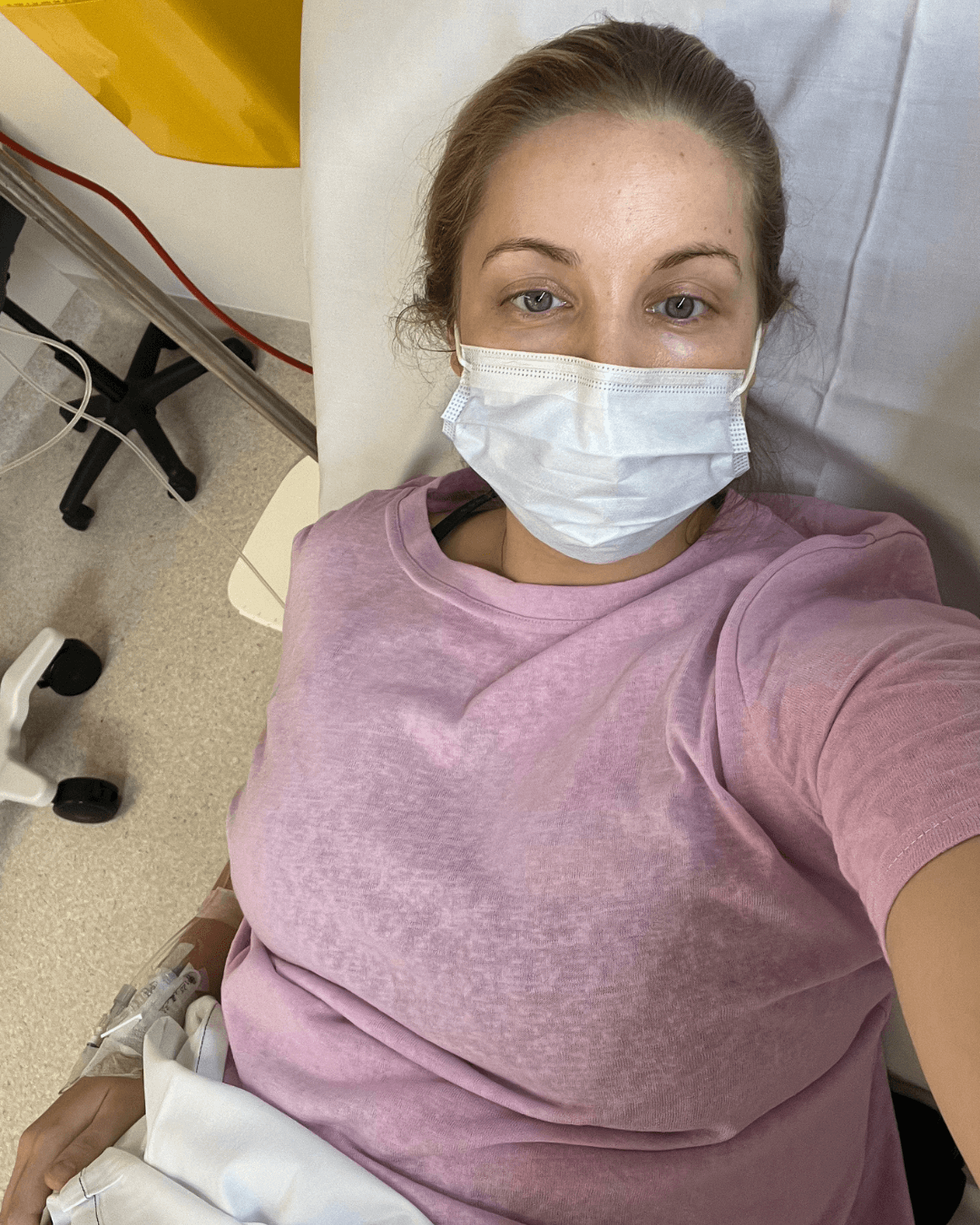Harriet Blannin-Ferguson @the.breast.help is a registered midwife and an Internationally Board Certified Lactation Consultant (IBCLC).
Morning sickness is common during early pregnancy, affecting many women. It typically involves mild nausea and occasional vomiting, and it usually subsides by the 12th week (your second trimester).
Hyperemesis gravidarum (HG) is a more severe condition. It causes persistent vomiting, significant weight loss, dehydration, and a disruption of daily activities. While morning sickness is manageable, HG often requires medical management and treatment for hydration and symptom relief.
Symptoms of Hyperemesis Gravidarum
Persistent nausea and vomiting that does not subside after the first trimester are key symptoms of HG. Unlike morning sickness, HG leads to severe dehydration and malnutrition due to the inability to keep food or liquids down.
Women with HG may experience extreme fatigue, dizziness, and even fainting.
How is Hyperemesis Gravidarum Treated?
Treatment for HG often requires hospitalisation to manage dehydration and provide intravenous fluids. Hydration powders like Hydramama can help to replenish lost electrolytes and support rehydration too. Medications may be prescribed to control nausea and prevent further complications. In severe cases, tube feeding may be necessary to ensure both the mother and baby are nourished.
Seeking Help for Hyperemesis Gravidarum
If you experience symptoms of HG, it’s important to consult a healthcare provider for appropriate care.
Your doctor can monitor your condition and recommend treatment options to reduce risks. Don’t ignore severe symptoms — early intervention can make a significant difference
Cart is Empty
Your Cart is Empty
- Choosing a selection results in a full page refresh.
- Opens in a new window.










